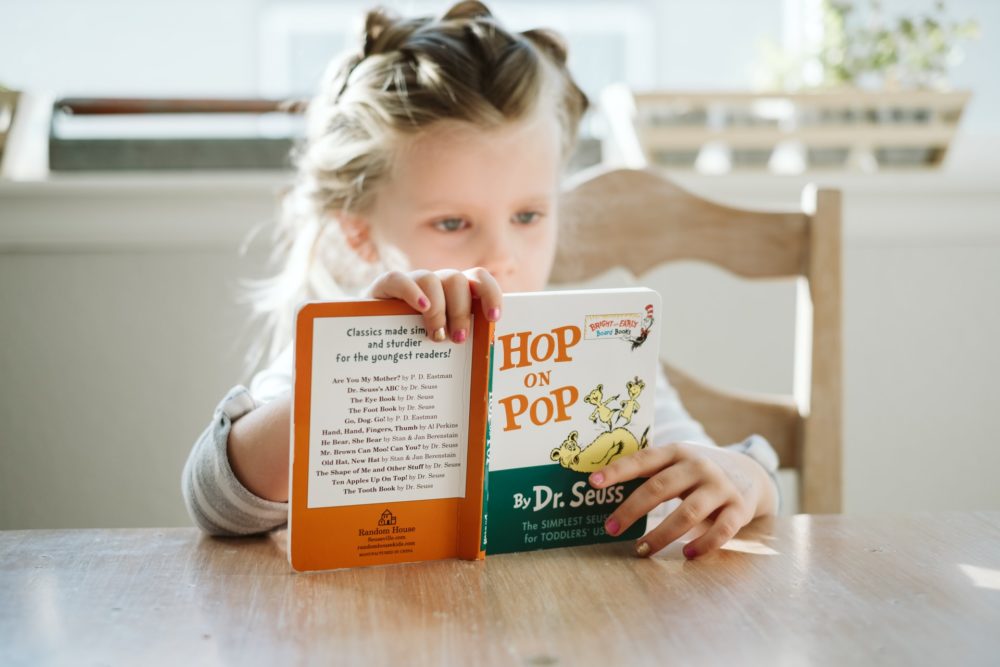As schools shut down indefinitely across the country due to coronavirus concerns, many parents are wondering how to get through the coming weeks at home with their children. This is new territory for all of us, especially as “social distancing” becomes the new normal and virtual working and learning spaces replace the real thing.
As a homeschooling mother of four, and author of Unschooled, I realize that this time at home can feel overwhelming and is far from a typical homeschooling experience. There are some steps parents can take to make this time at home with their children more tolerable and rewarding for everyone.
1. Avoid replicating school at home.
While many schools and districts are sending home packets of curriculum materials or shifting to virtual classrooms and assignments, parents should try to avoid the tendency to re-create school at home.
It’s understandable that parents may worry about keeping their children on track academically, but they are likely to find that their children are able to complete their course work in much less time than in a typical school day, and will learn a great deal from the other experiences and insights that will surely emerge during this challenging time.
If parents can take the pressure off themselves to be the teacher and curriculum enforcer over the next weeks, they may be pleasantly surprised to discover just how much their children learn. One thing that the coronavirus pandemic is likely to reveal is that it is possible, and sometimes preferable, to learn without school.
2. Prioritize play and unstructured time.
We all know that play is vital for children’s healthy development and it may be particularly important as we confront this pandemic. My 6-year-old son was playing recently with the figurines from the board game Risk when I overheard him say to them: “I can’t shake your hand. You might have the coronavirus.”
Our children are listening to all that is going on and processing it through play. Prioritizing ample play and unstructured time is one important way we as parents can help our children to cope. For young children, this means creating space for free play without feeling the need to direct or organize their play activities. This could take some adjusting, as kids learn how to overcome their boredom and rekindle their imagination.
For older children accustomed to mostly adult-led activities and supervised extracurriculars, allowing them abundant, unstructured time over the next several weeks could awaken new interests and goals.
3. Use online learning resources.
We are lucky to live at a time of hyper-connectivity and vast digital resources at our fingertips. Technology enables us to work and learn in ways unimaginable only a couple of decades ago.
Some young people may be learning virtually through their school, completing coursework and tests online. But there are other great online resources that can expand a child’s learning and open pathways to new information and knowledge. Khan Academy and TedEd, for instance, offer free YouTube videos in a multitude of content areas. EdX and Coursera offer free university-level classes from leading institutions.
Libraries and museums often have high-quality and free online tools, including the Boston Public Library’s online resources and the Boston Children’s Museum’s 100 Ways to Play list and BCM Home Edition. Many more museums and organizations are also starting to offer free programming during the pandemic, including the Metropolitan Opera that is streaming its performances for free this week.
4. Encourage virtual playdates.
With social isolation upon us, virtual play dates will become the new norm, at least for a while. Fortunately, your kids can connect with their friends over Google Hangouts, create stories and scripts together over Google Docs, play Minecraft multiplayer online while watching or listening to each other over FaceTime or play the Prodigy Math game in a multiplayer gaming world.
It’s not as ideal as being together in the same spot, but these virtual friend meetups can make the separation more fun and bearable.
5. Embrace family time.
This is a once in a lifetime moment to gather together as a family and connect in deeper, more authentic ways. Reading books, listening to music, enjoying unhurried meals, playing board games and card games, and going for walks outside can all be ways to enjoy quality time together. Maybe you’ve always wanted to learn how to draw or to speak another language or to knit.
This can be an opportunity to explore these interests as an adult, and perhaps prompting your children to explore their distinct interests as well.
6. Make room for reflection.
We know that this difficult period will not last forever and our lives will return to normal, but taking time to reflect on this historic occurrence can be helpful to endure the experience now and to remember it in the future.
This is just as true for ourselves as parents as it is for our children. Encourage your kids to keep a daily journal, draw or take pictures, and collect or print news clips to record this profound event. Then, they can show their grandchildren what it was like to live through the great pandemic of 2020.




